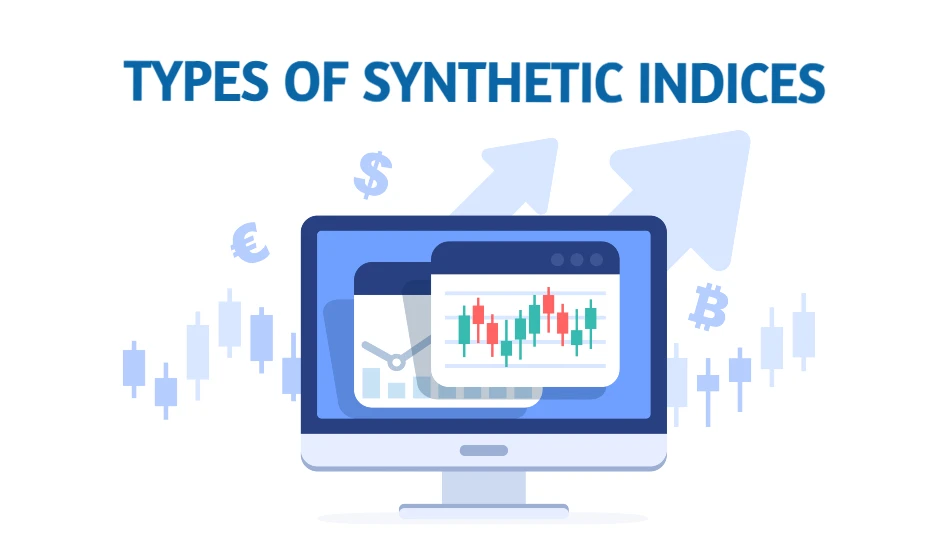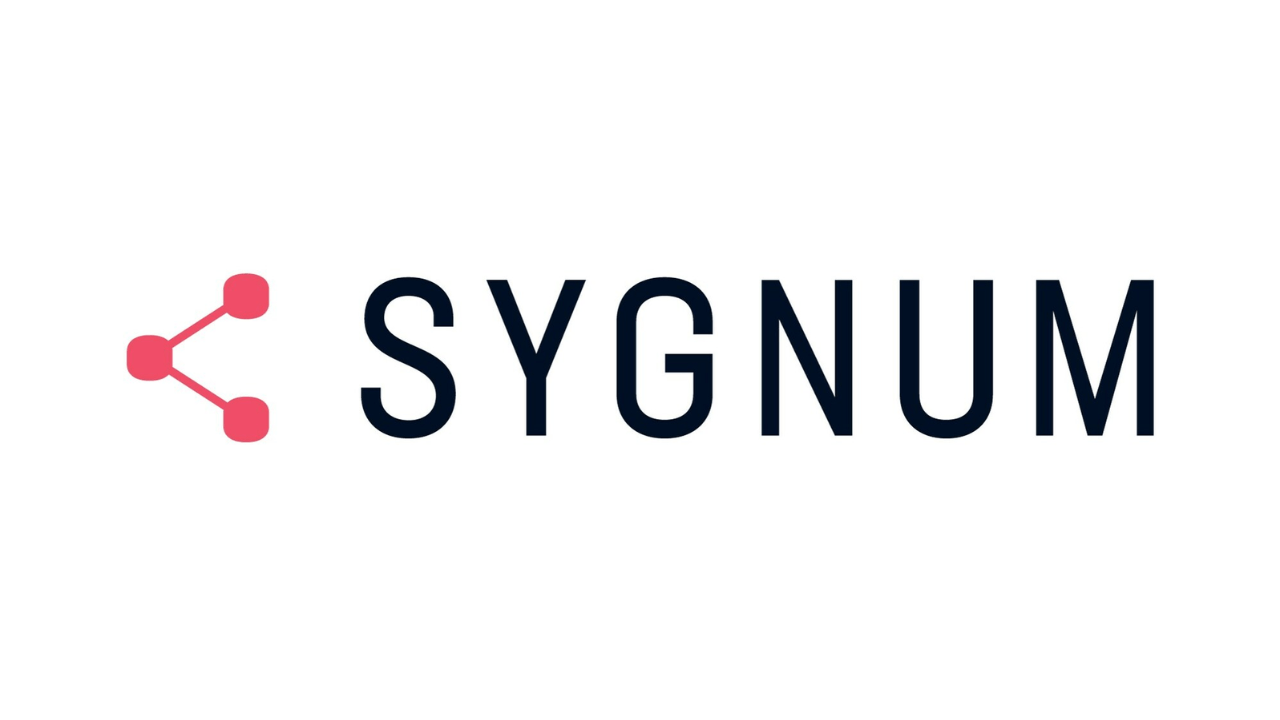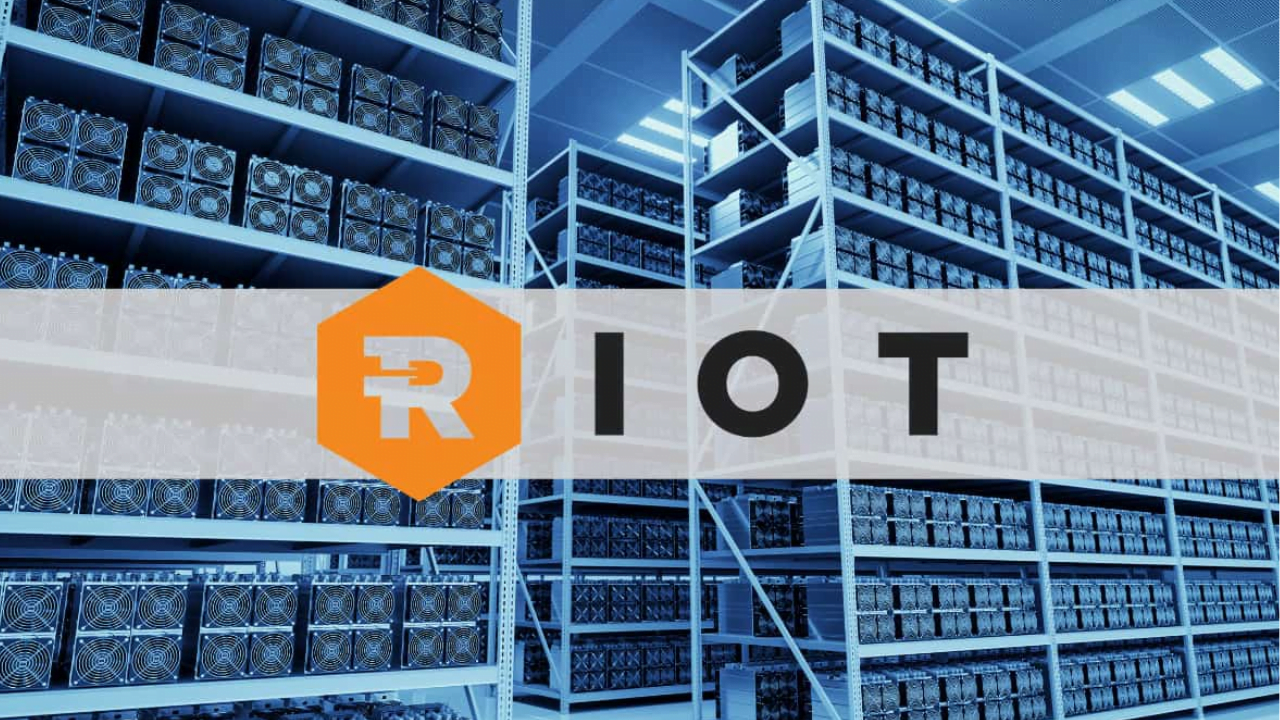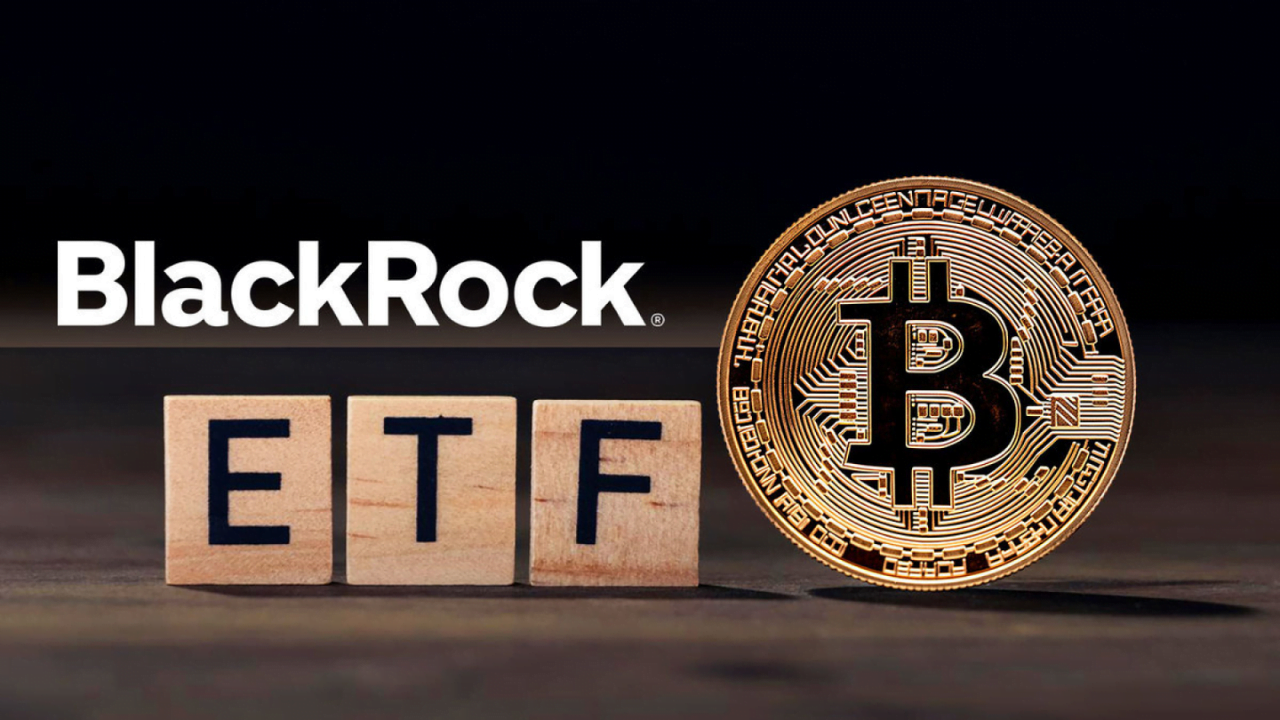
Although not fully realized yet, blockchain technology holds the potential to disrupt not just the financial but all spheres of life in the coming years. Undoubtedly, it can revolutionize the traditional data storage and transactional methods with the innovative decentralized procedures having a much higher level of security and privacy.
According to a fortunebusinessinsights report, the blockchain market is expected to grow from $7.18 billion in 2022 to $163 billion by 2029, manifesting a CAGR of 56.3% during this duration. These figures are based on the assumption that blockchain would be a primary component of tomorrow’s world on account of its transformative features, including data privacy, sustainability drive, and security of records, to name some.
If you are wondering how does blockchain support data privacy or how can features of blockchain support sustainability efforts, this article will explore these questions in detail. But let us first have a quick overview of what precisely a blockchain is.
Table of Contents
ToggleWhat is blockchain technology?
Blockchain is a distributed public ledger or decentralized network that records transactions in the form of encrypted data blocks. New blocks are added to the chain by a “consensus mechanism” that is essential in maintaining the integrity and functionality of this decentralized chain. The blocks are chronologically linked to each other via advanced cryptographic hashing, making it almost impossible to tamper with previously added information.
Resultantly, blockchain institutes a transparent and immutable digital system, free from any central authority’s interference and easily accessible to the general public.
While the technology gained prominence through cryptocurrencies, it is now evolving into much more than that, providing avant-garde and unprecedented solutions.
How does blockchain support data privacy?
Here are a few aspects of blockchain that contribute to its ability to protect data:
Distributed ownership
Contrary to centralized networks, blockchain’s distributed ownership makes it a viable setup for data privacy programs. As the relevant data is shared between a large network of computers or nodes with no single storage location, a blockchain cannot possibly be monopolized. Moreover, each node of a blockchain contains complete ledger information; hence, the chain’s working cannot be compromised even if one or two nodes fail to function.
Simply said, blockchain shines in the data privacy realm as it does not disburse supreme authority to any singular party; instead maintains a “distributed ledger” managed by a number of participants.
Encryption to secure data
Blockchain cultivates a unique balance between data privacy and transparency. Although the public ledger’s transactions can be viewed and accessed by anyone, they cannot be “read” by non-related parties due to data encryption. This encryption protocol ensures that only a person with the correct decryption key unlocks the inside information.
In this way, blockchain secures the stored data by a dual-edged strategy, i.e., the encryption of specifics while displaying the recorded transactions to everyone.
Previous blocks validation – impossible to tamper with data
Blockchain is designed in a way that ensures the constancy and integrity of previously stored data. Data blocks are connected in a unique sequence via cryptography so that any malicious attempt could be immediately detected by the participant nodes. In other words, tampering with previous data would require “all the previous blocks’ hashes” to be altered, which is practically impossible on larger networks.
Resultantly, high data security is maintained on a blockchain due to its hashing and encryption characteristics.
Resistant to hacking attacks
As opposed to centralized systems, blockchain is highly resistant to hacking or cyber-attacks. It is because a blockchain is composed of a distributed network of a large number of nodes (either miners or stakers). Transactions are only approved and written on the blockchain if there is a “consensus” among all these nodes, which may be tens of thousands in number. In case of any inconsistency, the controversial block is deemed invalid.
For instance, to hack a typical proof-of-work blockchain, it is essential to take control of more than 50% of the network’s hashing power. Launching such an attack would require massive computational power and resources, and even after that, there’s no guarantee that the returns would outweigh the initial expenses.
Hence, the blockchain infrastructure itself deters cyber criminals due to high barriers and fewer eventual gains.
How can features of blockchain support sustainability efforts?
Besides data privacy, blockchain technology is also a transformative sustainability solution that can propagate a better and eco-friendly future. If you are pondering how the features of blockchain, such as decentralization, immutability, & transparency, can accelerate environmental-safety efforts, here are the three possible methods (out of many others):
- Blockchain can help in raising funds for sustainable projects – It can develop trusted and decentralized finance forums where worldwide investors could stake money for encountering ecological challenges. A publicly accessible and transparent platform can encourage more and more individuals to invest in “go-green” projects.
- Credible, efficient, and transparent monitoring of chains to achieve sustainable development goals (SDGs) – Blockchain-based smart contracts are ideal for gathering reliable information that could help companies improve their sustainability endeavors. Further, blockchain can enable “supply-chain transparency with credible real-time tracking facility” that can motivate the involved parties to introduce a clean supply chain system.
- Blockchain can distribute incentives to spur environment-stabilizing activities – While many retailers are already offering rewards and coupons for recycling products, blockchain holds the potential to streamline this process. This technology can induce a well-ordered recycling system by incentivizing the participants with tokens. Recereum and Plastic bags are two companies already utilizing blockchain to normalize biotic activities.
Closing thoughts
As mentioned in this write-up, blockchain technology can potentially revamp the global arena, particularly in data privacy and sustainability domains. However, there are also certain limitations and complications associated with it that need to be addressed first. For instance, blockchain is vulnerable to attacks if the size of a network is not large enough. Moreover, being a new technology, blockchain is prone to implicit centralization attempts. Hence, organizations need to diligently research and direct their resources to explore this burgeoning technology to enjoy its fruits in the future. Certainly, DLT has the flair and capability to become a leading part of this ongoing fourth industrial revolution if implemented appropriately.
Read more:
http://thetradingbay.com/what-is-blockchain-technology-and-how-does-it-work/
http://thetradingbay.com/how-to-make-your-own-cryptocurrency/













